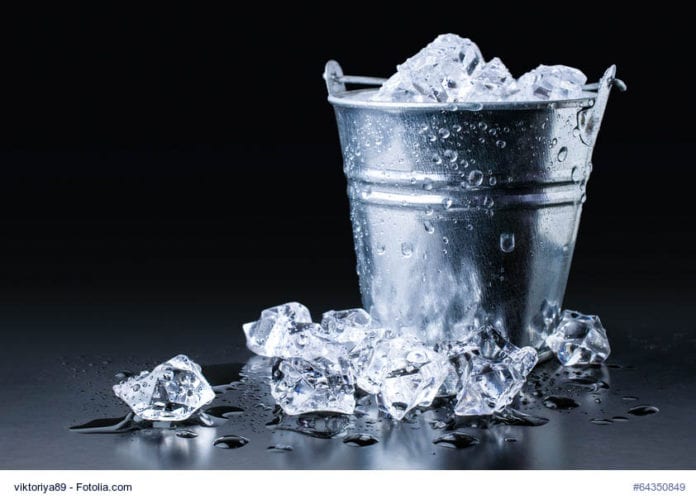On the one-year anniversary of The Ice Bucket Challenge--an unexpected social media sensation that raised unprecedented awareness for ALS or Lou Gehrig's disease--Project A.L.S. reports that it has spent 100% of donations raised during the six-week challenge period on research that has yielded promising results.
Started in mid-summer 2014 by two ALS patients (ALS is a uniformly fatal, progressive neurodegenerative disease that can affect anyone), the Ice Bucket Challenge became an international groundswell via such social media outlets as Facebook, Twitter and Instagram. The premise was simple: Post a video of yourself dumping a bucket of ice water on yourself in the name of ALS research and call out three of your friends to do the same—and/or make a donation in support of ALS research. Millions posted videos over a month-and-a half period—and over $220 million in donations was generated.
"I am proud to report that every dollar of the $560k that Project A.L.S. received during the Ice Bucket Challenge by over 6150 new donors has been spent effectively to move research in the direction of therapeutic discovery for ALS," said Meredith Estess, president of Project A.L.S.
Project A.L.S. used its Ice Bucket donations to bolster ongoing research, as well as seed new projects. For example, crucial staff was added to efforts well under way to understand what makes certain nerve cells vulnerable in ALS and others, such as the nerve cells that control eye movements, resistant to the disease. "Thanks to the Ice Bucket Challenge, we now have a rough draft list of the genes that make the motor neurons that survive in ALS different from others," said Valerie Estess, director of research for Project A.L.S. "The next goal is to use this newfound information to make weak motor neurons stronger."
In a new study begun with Ice Bucket support, Project A.L.S. scientists are rigorously testing a hypothesis that lipids may provide the first reliable biomarker for ALS.
Finally, the flood of ice water from last year's Ice Bucket Challenge powered new studies that already point to four well known cellular pathways involved in neuroinflammation that, if targeted with the right drugs, may allow us to slow the disease.
Said Meredith Estess, "The Ice Bucket Challenge was really fun—no one wants to throw cold water on that. But many of those who participated in last year's challenge are gone now. ALS research is serious business and it needs our attention every year until we treat and cure ALS."

